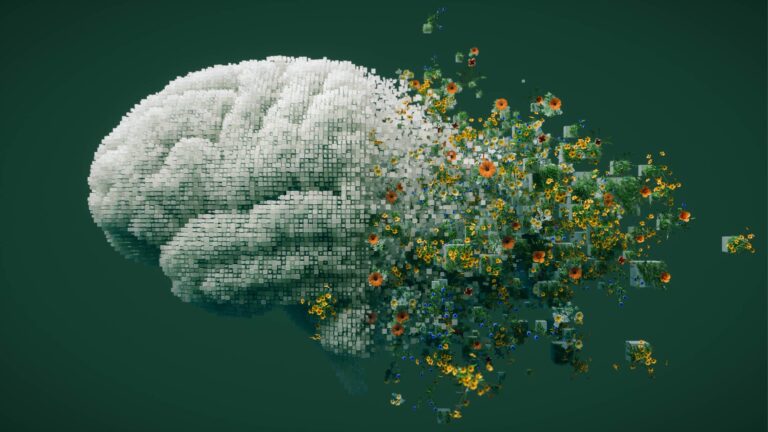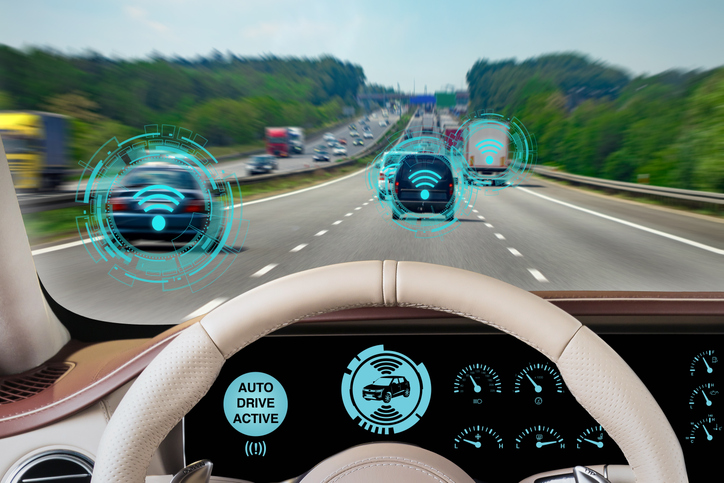
Technology companies such as OpenAI, Meta and Anthropic face numerous litigations related to alleged copyright infringements in their conduct surrounding generative artificial intelligence tools (GenAI). Many large language models (LLMs) were trained using web archives such as Common Crawl, an over 9.5PB representative sample of the web scraped at monthly intervals for research purposes. The lawful existence of the LLMs and Common Crawl are premised in part on the idea of “fair use,” a complex and evolving balancing test regarding the purpose, nature, degree, and effect of copyrighted works’ use.
One bellwether case making recent headlines is Kadrey et al. vs. Meta Platforms, which surrounds the use of allegedly pirated libraries of fiction (which one Meta researcher wrote is “great” for training LLMs). Plaintiffs allege, “Meta stole Plaintiffs’ copyrighted books to create a product that can mimic what it thieved.” Defendants contend, “Anyone can read and learn from a book without permission — whether they buy it new (and the author is remunerated), or instead buy it used, borrow it from a friend, or find it on a park bench.” Judge Vince Chhabria pushed back against defendants’ motion for summary judgment, reportedly saying, “You have companies using copyright-protected material to create a product that is capable of producing an infinite number of competing products.” A pro-plaintiff finding could necessitate greater attribution in what GenAI produces.
Insurers have generally been relatively open about borrowing each other’s intellectual property, with “me too” filings of competitors’ work relatively common. While many carriers license and adopt content from filings of advisory organizations such as Verisk or NCCI, others simply mirror competitor filings. This is consistent with most filings being public record and ideas or facts not being copyrightable (only their expressions). In the absence of copyright protections, insurers may seek confidentiality around certain trade secrets materials or, in some cases, patents for business methods.
What this means for actuaries:
Actuarial Standard of Practice (ASOP) 41 on Actuarial Communications advises actuaries should disclose reliance on sources of data they do not develop (3.3.2). ASOP 23 on Data Quality provides further considerations related to such reliance as well as which data sources to select (3.2) — which include intended use, nature, and scope suitability. These considerations bear resemblance to fair use criteria described above. As actuarial reports and analysis directly or indirectly incorporate data generated by GenAI, actuaries will be challenged to apply their professional guidance to novel situations. Professionals in other disciplines such as lawyers have faced sanctions for reliance on hallucinated GenAI content. Actuaries should exercise care not to find themselves in similar situations, although such situations could find their way into errors and omissions claims data.
Sources:
https://sustainabletechpartner.com/topics/ai/generative-ai-lawsuit-timeline/
https://www.courtlistener.com/docket/67569326/407/kadrey-v-meta-platforms-inc/
https://www.courtlistener.com/docket/67569326/543/kadrey-v-meta-platforms-inc/
https://copyright.columbia.edu/basics/fair-use.html
https://www.vanityfair.com/news/story/meta-ai-lawsuit
https://www.linkedin.com/pulse/lead-follow-decision-me-too-approach-what-you-think/
https://www.ce9.uscourts.gov/jury-instructions/node/260
https://www.soa.org/globalassets/assets/files/sections/Intellectual-property.pdf
https://www.actuarialstandardsboard.org/asops/actuarial-communications-2/
https://natlawreview.com/article/lawyers-sanctioned-citing-ai-generated-fake-cases
https://www.mfeinsurance.com/will-eo-insurance-protect-against-film-ip-violations/












